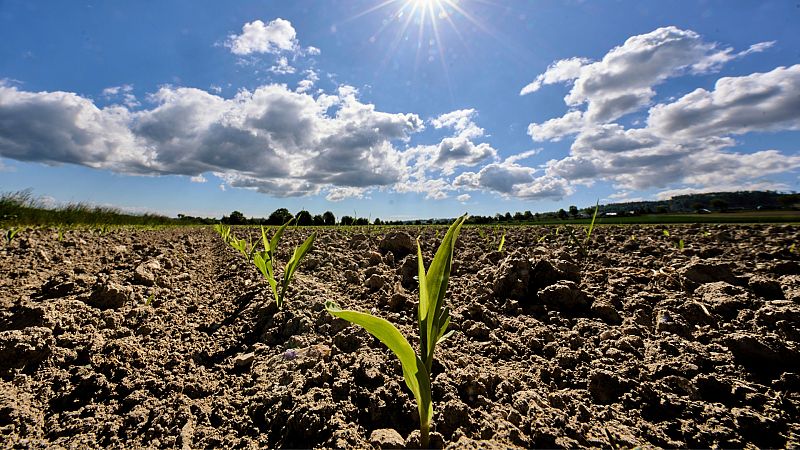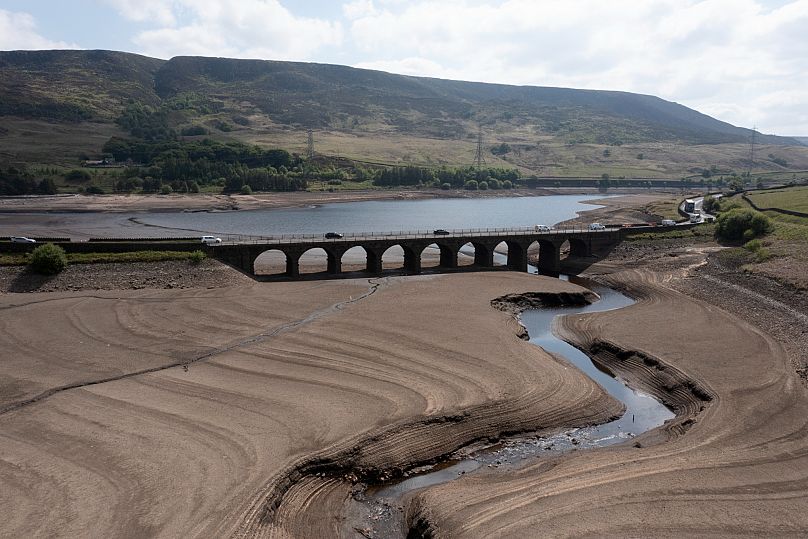
This May was the world’s second warmest ever recorded, exceeded only by May 2024, according to the EU’s Copernicus Climate Change Service (C3S), bringing unusually dry conditions to northwestern Europe.
Data shows that the global average surface air temperature was 15.79ºC last month, 0.53ºC higher than the 1991 to 2020 average.
May was an estimated 1.4ºC above the average for 1850 to 1900 - the period used to define the pre-industrial average. It interrupts a sweltering stretch where 21 out of 22 months breached this 1.5ºC threshold, though EU scientists say this is unlikely to last.
“May 2025 breaks an unprecedentedly long sequence of months over 1.5ºC above pre-industrial,” says Carlo Buontempo, director of C3S at ECMWF.
Whether or not the world breaches the Paris Agreement target of keeping global warming below 1.5ºC is measured over decades, not single months, meaning it has not technically been passed.
“Whilst this may offer a brief respite for the planet, we do expect the 1.5ºC threshold to be exceeded again in the near future due to the continued warming of the climate system,” Buontempo adds.
Dry spring brings drought concerns in Europe
High temperatures have been paired with dry weather across much of the world over the last few months.
In Europe, May brought drier than average conditions to much of northern and central Europe as well as southern regions of Russia, Ukraine, and Türkiye.
This spring has been a contrast between drier-than-average conditions in the north and west and wetter-than-average conditions across the south and northwestern Russia.
Parts of northwestern Europe saw their lowest precipitation and soil moisture levels since at least 1979. And persistent dry conditions have led to the lowest spring river flow across Europe since records began in 1992.
More than half of the land in Europe and the Mediterranean basin faced some form of drought from 11 to 20 May, according to data from the European Drought Observatory. That is the highest level recorded for that period of time in the year since monitoring began in 2012.

Farmers across northern Europe have voiced fears for their crops, with unusually dry weather delaying the sprouting of wheat and corn. In the UK, the National Farmers’ Union warned in early May that some crops were already failing due to the country’s driest spring in well over a century.
In late May, the European Central Bank warned that water scarcity puts nearly 15 per cent of the euro area’s economic output at risk. New research conducted with experts at the University of Oxford found that water was the single biggest nature-related risk to the euro area economy.







